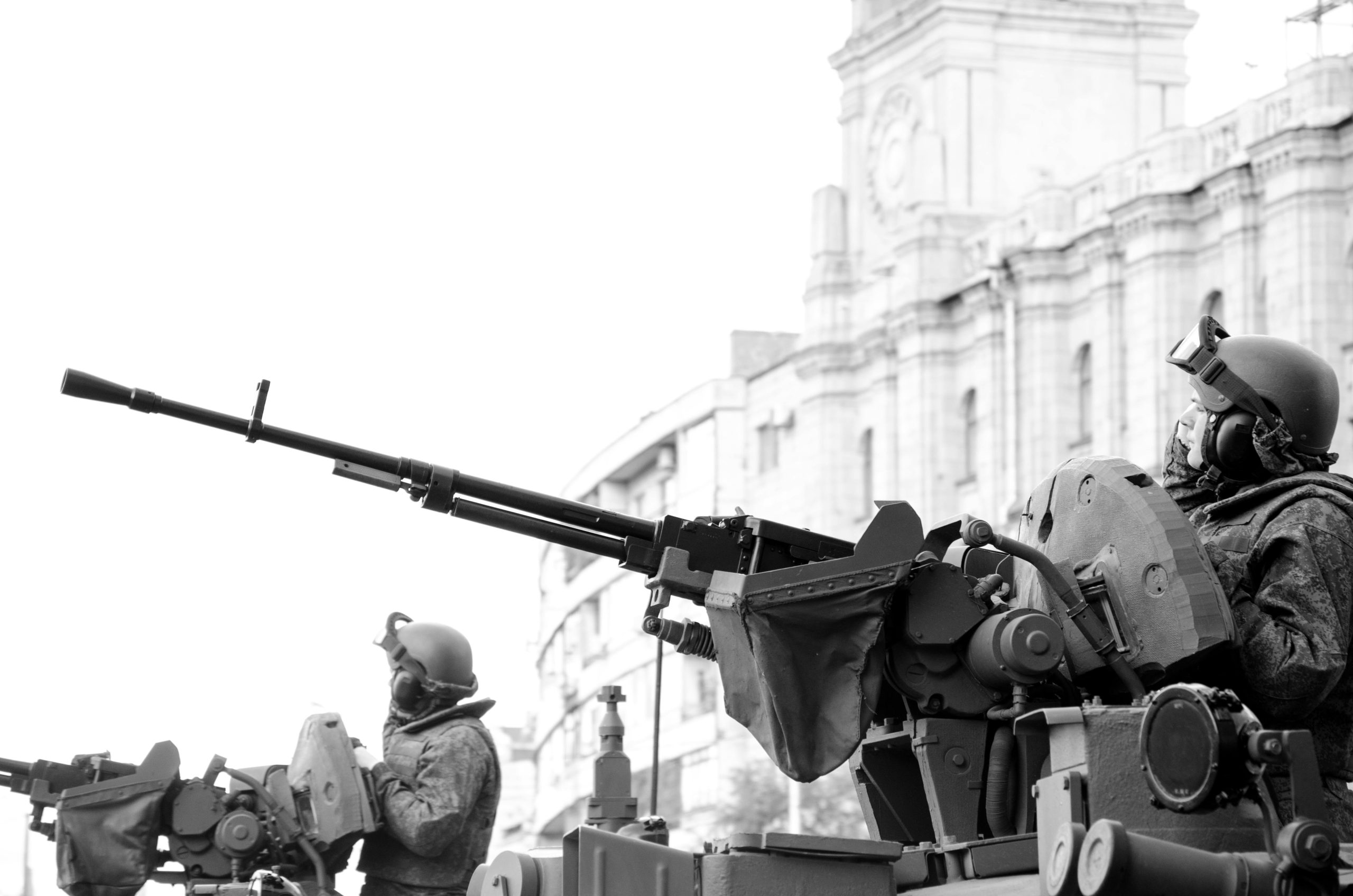The French Revolution, a world-famous historical event, dramatically transformed not only France but also the course of global politics. Beginning in 1789, this significant uprising was fueled by widespread social inequality, oppressive taxation, and the absolute rule of the monarchy. As tensions escalated, the common people—particularly the Third Estate—demanded justice, equality, and representation.
Consequently, the Estates-General was convened, leading to the formation of the National Assembly. Soon after, the storming of the Bastille on July 14 became a powerful symbol of the people’s defiance and resistance. In addition, this revolution marked the decline of feudalism and the rise of democratic ideals. Although chaos and violence followed, including the Reign of Terror led by Robespierre, many important reforms were implemented. For instance, the Declaration of the Rights of Man and of the Citizen was adopted, emphasizing liberty, fraternity, and equality for all.
Political Instability:
Meanwhile, power shifted continuously as radical factions clashed over how to govern the country. The monarchy was eventually abolished, and King Louis XVI was executed in 1793. His wife, Queen Marie Antoinette, met the same fate shortly after. Throughout this turbulent period, both heroic and tragic actions were taken by revolutionaries to reshape French society. The revolution also inspired similar movements in Europe and Latin America, thereby spreading the desire for freedom and national sovereignty. However, not all changes were positive. Civil war broke out in parts of France, and political instability plagued the nation for years. Despite this, the revolution’s ideals endured and continued to influence political thought worldwide.
Nepolean Bonaparte:
Eventually, the power vacuum left by the revolution allowed Napoleon Bonaparte to rise. He was initially seen as a hero who would restore order. Under his leadership, many revolutionary reforms were preserved while France was turned into a powerful empire. Nevertheless, his ambitions led to war across Europe and his eventual downfall. After his defeat, the monarchy was temporarily restored, but the revolutionary spirit could not be completely extinguished.
Conclusion:
In summary, the French Revolution stands as a defining moment in world history. It challenged monarchies, promoted human rights, and inspired change across nations. Though its path was marked by turmoil and bloodshed, its legacy lives on in democratic systems and social reforms around the globe.
